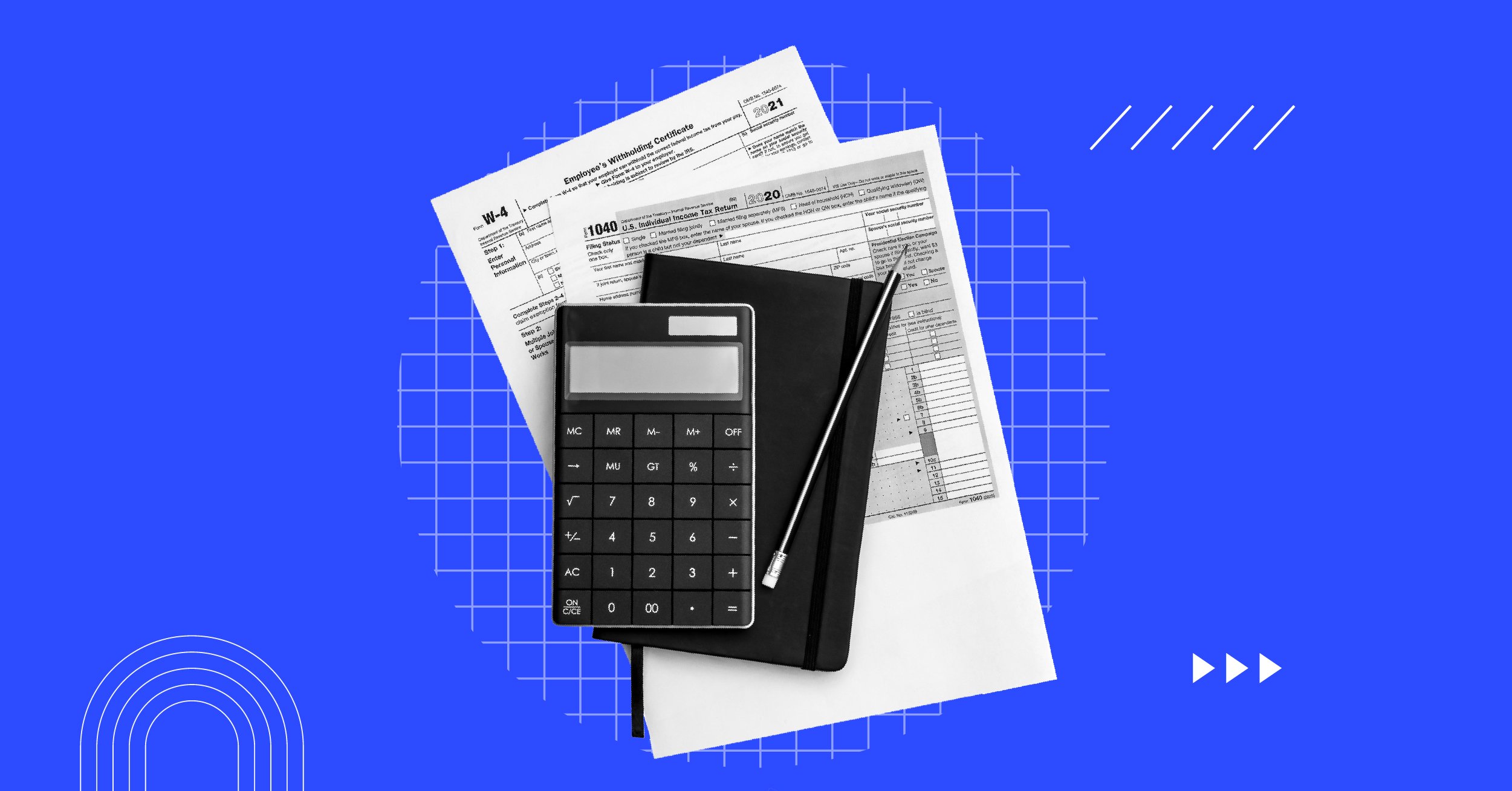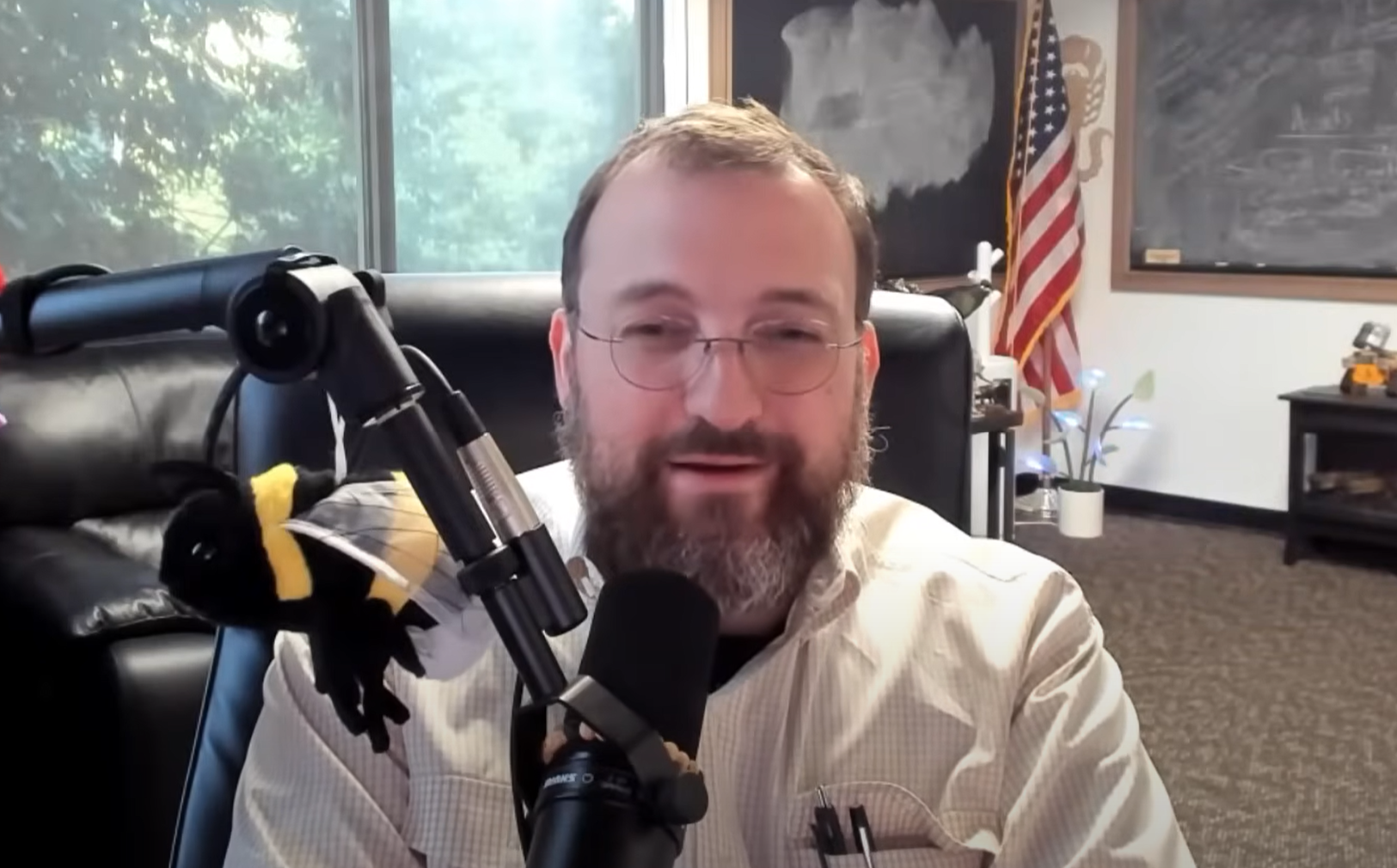The IRS conducts very few audits. The IRS has recently focused its limited audit resources on higher-income taxpayers who already voluntarily comply with our tax laws. This has made the IRS audit much less effective and even less of a deterrent for most taxpayers.
The IRS does have other deterrent measures in its tax enforcement toolbox. Many of these deterrent measures are aimed at tax return preparers rather than taxpayers. One could argue that the deterrent measures for tax preparers are so varied and strict that private industry tax preparers are essentially functioning as IRS employees. But this misses the point. Private industry preparers are better for the IRS. This highly regulated private industry arrangement works better than having IRS employees prepare tax returns as the IRS has more control over private preparers than it would over its own employees.
But what about unlicensed tax return preparers who don’t self-identify? This practice is called “ghost preparing.” Ghost preparers deliberately fail to list their contact information on tax returns they prepare and they are not attorneys, CPAs, or enrolled agents subject to IRS regulation. This makes them difficult for the IRS to detect or regulate as the IRS may not even know of the tax return preparer for quite some time.
The recent United States v. Rodriguez, No. 8:24-cv-650-TPB-SPF (M.D. Fla. Dec. 31, 2024), case provides an opportunity to consider how the IRS’s tax enforcement tools fall short when it comes to tax preparers who operate without listing their information on tax returns.
Facts & Procedural History
This case involves a tax return preparer who began operating a tax preparation business in 2015. She started with less than 100 returns in the first year. The business grew through word of mouth and referrals. By 2016, the preparer was filing approximately 1,200 returns annually.
In 2019, the IRS opened a tax fraud investigation into the tax return preparer. The IRS investigation revealed that the tax return preparer had been submitting returns as “self-prepared” using TurboTax, without identifying herself through either an Electronic Filing Identification Number (“EFIN”) or Preparer Tax Identification Number (“PTIN”) on returns submitted to the IRS. While the preparer would write their PTIN on copies returned to her customers, they omitted this information from IRS submissions. The investigation also found that the prepared returns consistently understated tax liabilities and overstated refunds.
In 2024, the government filed a civil suit against the tax return preparer. The preparer subsequently admitted to engaging in fraudulent tax preparation practices subject to civil penalties under I.R.C. § 6694 and I.R.C. § 6695 for tax preparers. She agreed to a consent preliminary injunction followed by a permanent injunction barring her from preparing tax returns for others.
Later in 2024, the government filed a motion for summary judgment seeking disgorgement of the fees the tax preparer earned from preparing tax returns. This motion is the subject of the court opinion that is the subject of this article.
Civil Penalties Under Sec. 6694
The Section 6694 penalty is the IRS’s go-to for tax return preparers. The rules for this penalty were revamped in 2008. Section 6694 creates two levels of penalties for understating tax liabilities for tax return preparers.
The first tier applies when positions lack a reasonable basis. This penalty is the greater of $1,000 or 50% of the preparation fee. The second tier is for willful or reckless conduct. It applies when preparers should have known a position wasn’t “more likely than not” correct. This higher penalty is the greater of $5,000 or 75% of the fee. These penalties apply to each tax return. They add up fast.
For the penalties to apply, the IRS must prove the preparer knew or should have known better. For the higher penalty, they need to show willful or reckless conduct. And the taxpayer’s knowledge doesn’t matter. Even if a client asks for aggressive positions, the preparer faces penalties for taking them. The tax return preparer can file an administrative appeal for these penalties.
Ghost preparers sidestep this by not attaching their identifying information—such as a PTIN or EFIN—to the tax returns they prepare. Without this information, the IRS is left with the task of piecing together patterns of fraud through audits or investigations that often take years to uncover. By the time the IRS detects the issue, the ghost preparer has often ceased operations, leaving little opportunity to apply these penalties.
Civil Penalties Under Sec. 6695
Section 6695 is another key IRS tool. It focuses on procedural requirements rather than substance.
These penalties serve a different purpose than Section 6694. They ensure preparers follow basic rules. They help the IRS track return preparation activity. One penalty targets unsigned returns. It costs preparers $50 per return. The maximum is $25,000 per year. Other penalties apply for not giving copies to taxpayers or keeping records.
Instead of the Section 6695 penalties noted above, the IRS usually focuses on Section 6695(g) penalties. These penalties target tax return preparers who fail to keep records for the due diligence rules for:
Earned income tax credit (“EITC”);
Child tax credit (“CTC”), additional child tax credit (“ACTC”), credit for other dependents (“ODC”);
American opportunity tax credit (“AOTC”); and
Head of household (“HOH”) filing status.
By inflating these tax deductions and credits, the tax return preparer can often generate tax refunds for clients and thereby grow their own tax return preparation business by word-of-mouth marketing. This is why the tax law requires tax return preparers to keep documentation for these items.
These so-called due diligence requirements and their associated penalties are specifically found in Section 6695(g), which is separate from the other procedural penalties in Section 6695. The Section 6695(g) due diligence penalties are some of the most commonly assessed preparer penalties, particularly for EITC claims.
The penalty for this can be assessed against a paid tax return preparer for not meeting due diligence requirements. So the IRS audits the tax return preparer and determines that they did not keep substantiation for these items. These penalties can be substantial, with tax return preparers who only prepare a few hundred tax returns getting hit with $50,000 to $100,000 of penalties per tax season.
However, ghost preparers evade these penalties by their very nature. By failing to sign returns or include their PTIN, they render themselves invisible to the IRS’s tracking mechanisms. This lack of visibility makes it challenging for the IRS to identify patterns of non-compliance or even associate multiple returns with a single preparer until much later. Even when patterns emerge, years may pass before the IRS connects the dots, often too late to impose these penalties.
Injunctive Relief
The IRS can also seek injunctive relief under Section 7407 to stop preparers from preparing returns. This section specifically authorizes courts to enjoin preparers who engage in specified misconduct, including understating tax liability, failing to comply with preparer requirements, or engaging in other fraudulent or deceptive conduct.
Unlike monetary penalties, injunctive relief is forward-looking. It aims to prevent future harm rather than punish past misconduct. This makes it particularly useful when dealing with preparers who view monetary penalties as simply a cost of doing business.
Courts can issue limited injunctions that restrict specific conduct or require compliance with certain requirements. However, in cases of repeated or particularly egregious misconduct, courts can issue broader injunctions that completely bar the preparer from preparing returns for others.
Yet, ghost preparers present unique challenges here as well. Without identifying themselves on the returns, they avoid being flagged in IRS systems or targeted for injunctions early in their operations. Typically, the IRS only seeks injunctive relief after years of investigation and mounting evidence, by which time the ghost preparer may have already stopped preparing returns. In the Rodriguez case, it took nearly a decade for the preparer to be enjoined, demonstrating how ghost preparers can operate under the radar for extended periods.
Disgorgement
The IRS can also seek disgorgement of tax preparation fees. Disgorgement requires preparers to give up profits obtained through unlawful conduct. This is authorized by Section 7402. Section 7402 allows the courts a broad grant of authority to issue orders “necessary or appropriate for the enforcement of the internal revenue laws.”
For this to apply, the IRS only needs to produce a reasonable approximation of the preparer’s ill-gotten gains. Once established, the burden shifts to the tax return preparer to demonstrate why the amount is unreasonable. Courts have accepted various methods for calculating disgorgement, including multiplying the preparer’s standard fee by the number of returns prepared.
Unlike penalties, which can exceed the amount earned from the illegal conduct, disgorgement is limited to the actual profits obtained. However, courts can order disgorgement in addition to penalties, creating a substantial financial deterrent.
The IRS also struggles with this enforcement mechanism for ghost tax return preparers. Their lack of identifying information delays detection and complicates the calculation of earnings tied to fraudulent conduct. Even in cases like Rodriguez, where disgorgement was pursued, the preparer had been operating for years before the IRS could establish sufficient evidence to support the claim.
Criminal Prosecution
Criminal prosecution represents the government’s most severe tool against fraudulent tax return preparers.
Under Section 7206(2), known as the ‘aiding and assisting’ provision, preparers who willfully assist in preparing false returns face felony charges punishable by up to three years imprisonment per count. This differs from Section 7206(1), which applies to individuals who directly file false returns.
The IRS has the burden of proof in these cases. The IRS has to prove the tax return preparer acted willfully in assisting the preparation of returns that were false as to material matters. It often meets this burden by having the taxpayer testify against their tax preparer.
Tax return preparers can also face charges under 18 U.S.C. § 371 for conspiracy to defraud the United States if they work with others to submit false returns. This carries a maximum five-year sentence. Additionally, tax return preparers could face charges under various other criminal statutes, including wire fraud or identity theft, depending on their specific conduct.
The IRS cannot even get to most tax return preparers who self-identify by including their information on the tax returns they file. The IRS does not have the resources. This is compounded by ghost preparers who are not easy for the IRS to identify. This is why criminal cases involving ghost preparers are even more rare than civil penalties, which themselves are rare.
Thus, ghost preparers are rarely subject to criminal prosecution. Their anonymity and mobility allow them to avoid detection, often operating for only a few years before moving on to other ventures. The IRS typically focuses its limited resources on cases involving substantial losses or egregious conduct, which can be difficult to establish against ghost preparers who leave little trace of their activities.
Takeaway
This case underscores the challenges of pursuing ghost preparers. The IRS’s enforcement tools—penalties under Sections 6694 and 6695, injunctive relief, disgorgement, and criminal prosecution—are most effective against identifiable preparers. Ghost preparers exploit this weakness, avoiding detection by operating anonymously and transiently. Cases like this highlight the significant resource investment required to bring a single ghost preparer to justice and the limitations of the current enforcement framework and, given the timing, the ghost preparer has already won by being able to operate for several years before the IRS even notices they are there.
Watch Our Free On-Demand Webinar
In 40 minutes, we’ll teach you how to survive an IRS audit.
We’ll explain how the IRS conducts audits and how to manage and close the audit.

























